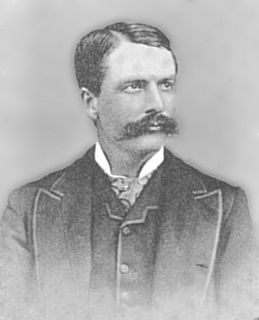A Quote by Stephen Greenblatt
Literate households in the 17th century would have had the Bible, John Bunyan's "The Pilgrim's Progress," and a couple of other books. Shakespeare plays were cheap, so you could buy those, but a folio cost a pound, which was an incredible amount of money then.
Related Quotes
I would love to do a period piece - in the 18th or 17th century. To me, it would be such an incredible challenge because of the way people carried themselves. There are so many incredible stories within those centuries - just the language and the way they carried themselves and what they were going through.
The last 200 years, we've had an incredible amount of automation. We have tractors that do the work that horses and people used to do on farms. We don't dig ditches by hand anymore. We don't pound tools out of wrought iron. We don't do bookkeeping with books! But this has not, in net, reduced the amount of employment.
It would be a wonderful experience to stand there in those enchanted surroundings and hear Shakespeare and Milton and Bunyan read from their noble works. And it might be that they would like to hear me read some of my things. No, it could never be; they would not care for me. They would not know me, they would not understand me, and they would say they had an engagement. But if I could only be there, and walk about and look, and listen, I should be satisfied and not make a noise. My life is fading to its close, and someday I shall know.
Right from the 17th century, composers who have taken up music as their means of livelihood went through a hard time financially. They were paid only for commissioned works and public performances. And, when their music became famous, orchestras in other cities and countries would pay a small amount to copy the music.
John Bunyan, author of the classic book the Pilgrim’s Progress, said “You have not lived today until you have done something for someone who cannot pay you back.” Make a decision that you will live to give. Be on the lookout each day for somebody you can bless. Don’t’ live for yourself; learn to give yourself away, and your life will make a difference.
The word crap is actually another word that's very, very old. It was taken over from 17th century England by the pilgrim fathers and Americans were talking about things being crap in the 17th and 18th centuries. What Sir Thomas Crapper – complete coincidence – does is not invent the flushing toilet, as many, many people believe, but was a great promoter for it. He ran a business marketing other people's products and that's why his name was on them. When the American soldiers came over in the First World War, they all thought it was hilarious that it said 'crapper' on them.
What I mean by context is worldview - having the ancient Israelite or first-century Jew in your head as you read. How would an ancient Israelite or first-century Jew read the Bible - what would they be thinking in terms of its meaning? The truth is that if we put one of those people into a small group Bible study and asked them what they thought about a given passage meant, their answer would be quite a bit different in many cases than anything the average Christian would think. They belonged to the world that produced the Bible, which is the context the Bible needs to be understood by.




































